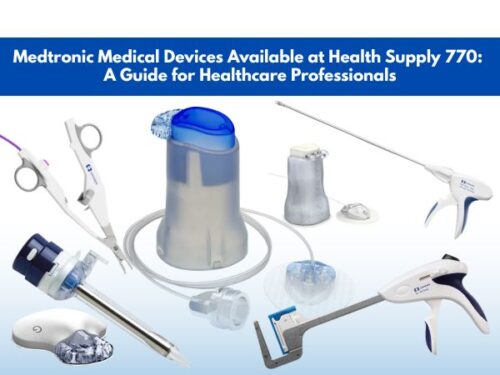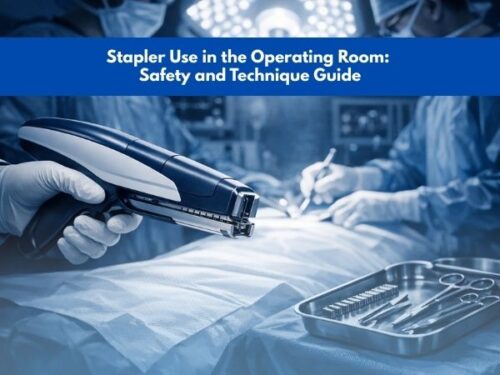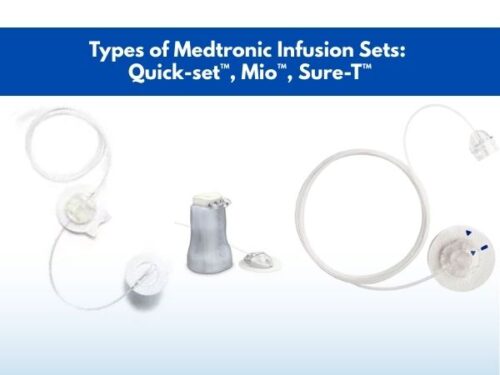Best Practices for Tuberculin Syringe Storage and Disposal
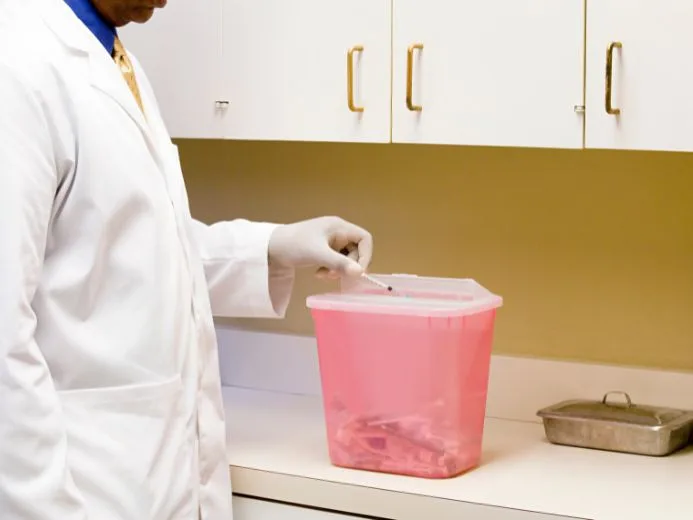
Among different types of syringes that are used in medical setups on a daily basis, tuberculin syringes are one of a kind owing to their functionality and specific storage requirements. Tuberculin syringe storage plays a crucial role in maintaining their efficacy. As the name suggests, a tuberculin syringe is particularly employed while performing the TB test. A purified protein derivative (PPD) called tuberculin is injected into the patient’s skin at the forearms using a fine needle.
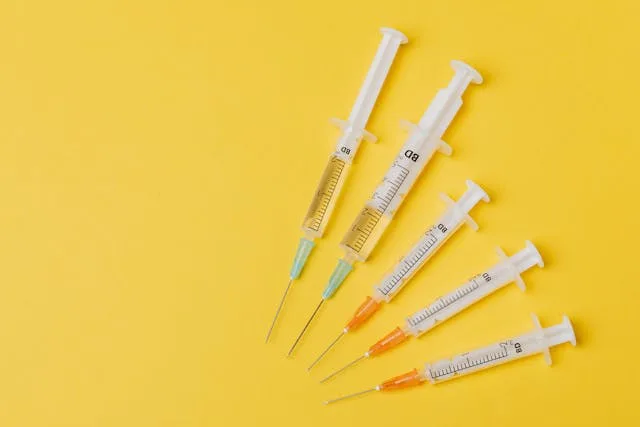
This way, the syringe directly comes into contact with the patient’s blood which might be loaded with Mycobacterium tuberculosis, the bacterium responsible for TB. Therefore, the proper tuberculin syringe storage and disposal are necessary to avoid contamination. Let us learn about the syringe safety guidelines as well as the methods that should be adopted for their proper disposal.
What is a Tuberculin Syringe?
A tuberculin syringe is a specialized medical supply that is employed for the testing of patients suffering from tuberculosis. These syringes are small in size with only a capacity of ½ to 1 ml. In addition, like all other syringes and needles, these are also sterile and are to be disposed of after a single use.
Tuberculin Syringe Storage
Tuberculin syringe storage requires maintaining a temperature between 35 to 46°F (2 to 8°C) when filled with tuberculin. Moreover, these should be protected from sunlight and must be kept in a refrigerator. In addition, their expiration date usually written on the pack must be checked from time to time.
However, generally, an empty tuberculin syringe can be stored just like the regular syringes at room temperature in a clean and dry place. When considering tuberculin syringe storage, it is important to ensure that the syringe is kept in a secure location away from moisture and direct sunlight to maintain its integrity and sterility for future use.
Steps of Tuberculin Syringe Disposal
Unlike other syringes that are utilized for delivering liquid medications or drawing blood samples, tuberculin syringes serve additional purposes, including the precise measurement of fluids for tuberculosis skin tests. Given their specialized use, particularly after being employed for patients who may have an active TB infection, it is imperative to adhere to strict tuberculin syringe storage and disposal protocols to minimize the risk of contamination. In this regard, the following issues need to be addressed:
Disinfection/Decontamination
Before disposal, the infected syringes should be cleaned and made free from microbes using the following means:
● Syringes that might possess higher bioburden are needed to be decontaminated or disinfected before disposal.
● If decontamination is not possible, these syringes should be packed in a closed container or a plastic bag which is further subjected to autoclaving or on-site incineration. For incineration, the temperature should at least be 1000°C.
● If both of these are not possible, a chemical disinfection method can also be employed in which a 5% solution of phenol, 70% alcohol, bleach, or 2% peracetic acid can be used.
Packaging and Disposal
Once the contaminated material has been passed from one of the above-mentioned processes, the following steps are followed:
● If the contaminated syringes and needles have been incinerated, the remaining material after the procedure is to be packed into a disposable plastic bag and buried.
● Generally, disposing of TB-related waste in landfills even after disinfection or decontamination has been discouraged.
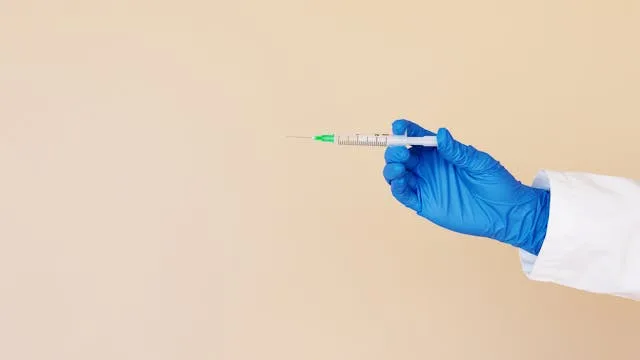
Syringe Safety Guidelines
While dealing with syringes and needles, such as those used for tuberculin testing, medical staff should prioritize their safety by reducing the risk of exposure to germs. Proper tuberculin syringe storage, along with the following safety guidelines, could prove helpful in ensuring a safe environment:
● Disposable syringes should be preferred over the reusable ones.
● Syringes with needle-locking systems should be chosen.
● In the case of glass syringes, the needle should immediately be covered after use.
● After employment, a disposable syringe should be carefully disposed of to avoid accidental needlestick injuries.
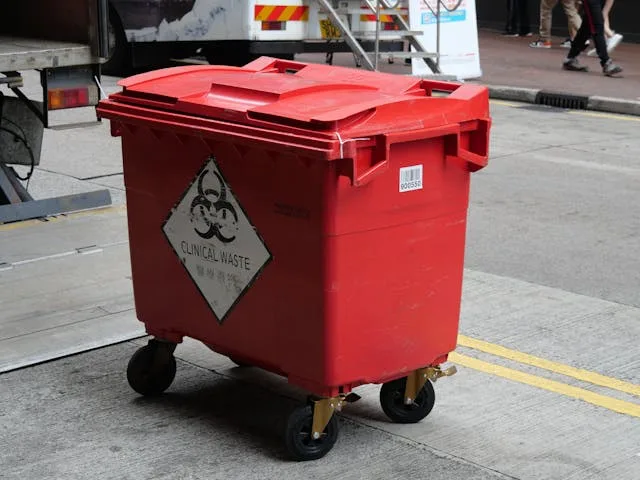
The tuberculin syringes, along with many other medical supplies, can be purchased from Health Supply 770, a reliable name when it comes to medical products. They have a 30-day money-back guarantee and provide your products to you in the shortest possible time.
Conclusion
Improperly handled medical waste is one of the issues we face today as it can put a population at risk of being infected. Therefore, where there is a need to reduce waste, focus should also be given to the safe disposal of medical supplies.
When it comes to tuberculin syringe storage and disposal, it is necessary not only to maximize its functionality but also to minimize the risk of infections associated with the used items. Fortunately, by following the recommended guidelines, one can save many people from contracting diseases that were, in fact, easily avoidable.
Click to Order from Health Supply 770
References
